Mr. Tran Xuan Hien, Deputy Director of the Department of Youth Affairs and Gender Equality ( Ministry of Home Affairs ), assessed that the New Rural Development Program in the period of 2021-2025 has achieved many important steps. Traffic infrastructure, public works such as schools, medical stations, and community living areas have been significantly improved.
"These improvements not only improve material life but also promote spiritual life for people, especially in ethnic minority and disadvantaged areas," said Mr. Hien.
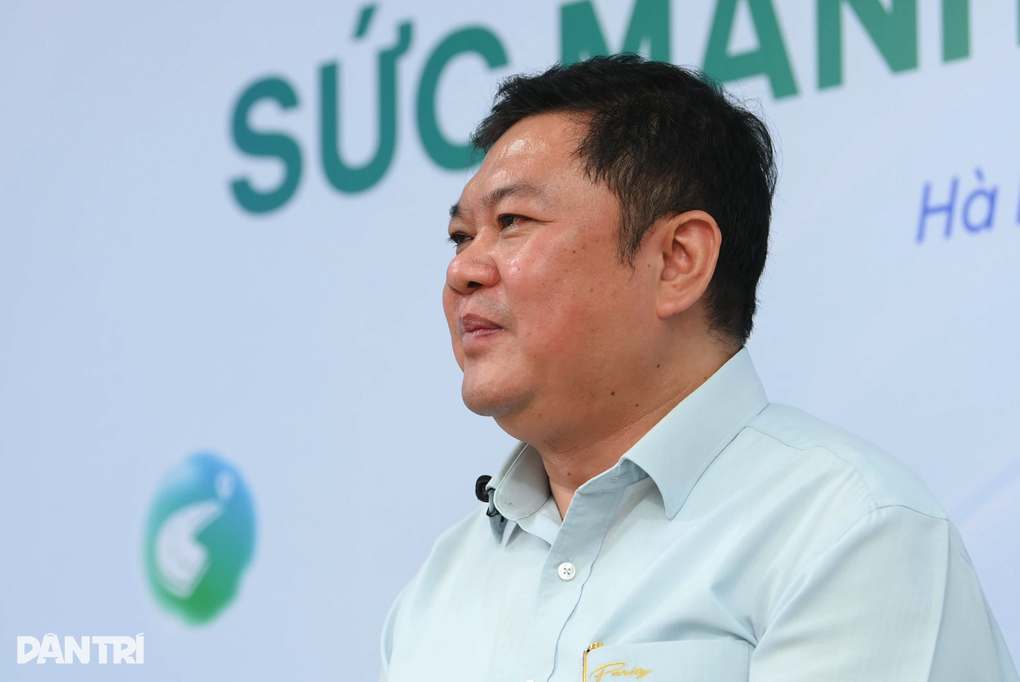
Mr. Tran Xuan Hien, Deputy Director of the Department of Youth Affairs and Gender Equality (Ministry of Home Affairs) (Photo: Tien Tuan).
According to Mr. Hien, this is an important foundation for developing rural tourism . When transportation is convenient, infrastructure is adequate and people's lives are improved, localities have the conditions to build models of experiential tourism, eco-tourism, indigenous cultural tourism or tourism associated with OCOP products.
These are models that bring sustainable economic value while preserving cultural identity and the natural environment.
"An important turning point is the shift in thinking from "State works - people enjoy" to "people work - State supports" to help people become the subject, decide for themselves and implement rural development projects, including tourism", Mr. Pham Ngoc Toan, Director of the Center for Information, Analysis, Strategic Forecasting and Public Services (Institute of State Organization and Labor Science) shared.
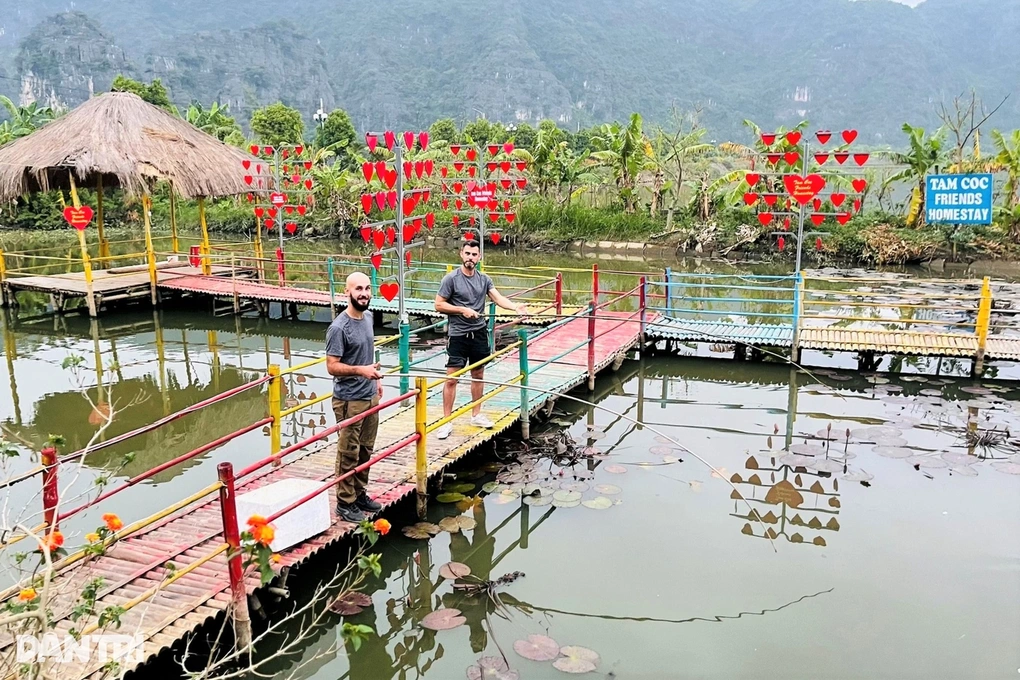
A farmer's fish pond in Ninh Binh is decorated eye-catchingly to attract international tourists to develop tourism (Photo: Thanh Binh).
According to Mr. Toan's analysis, strategic forecast and public services, this change helps people become the subject, decide for themselves and implement rural development projects, including tourism.
Thanks to that, agricultural tourism models are no longer imposed but are suitable to local needs and advantages, creating unique products that attract tourists.
Mr. Toan believes that rural tourism development does not only rely on physical infrastructure but also on community strength and digital transformation. People directly participate in the process of building and supervising projects, ensuring transparency and efficiency.
The application of digital transformation helps people easily access information, promote products, connect with services and increase local governance capacity. Tools such as digital maps, online tourism platforms and online public services will be key solutions to improve the efficiency of management and development of rural tourism economy.
Experts also note that commune-level authorities play the role of "conductor", connecting, guiding and making projects transparent so that people can clearly see the benefits.
Successful models, such as coffee and durian development associated with tourism in the Central Highlands or Khmer cultural tourism in the Southwest, are all thanks to close coordination between the government, businesses and the community. The government needs to focus on propaganda and transparency of results, from new rural roads to clean water projects, helping people feel like "insiders".

Mr. Pham Ngoc Toan emphasized the role of public-private cooperation in developing rural tourism (Photo: Tien Tuan).
Besides the success, experts also pointed out many difficulties: slow disbursement of investment capital, new rural criteria sometimes overlap and are not close to the regional characteristics. To overcome this, Mr. Toan proposed implementing a "mentoring" mechanism between successful and disadvantaged communes, and flexibly adjusting the criteria to suit the reality of each locality.
"Taking people's satisfaction as an evaluation criterion also helps avoid chasing achievements and ensures substantial implementation," said Mr. Toan.

Catching fish in ditches is a popular game among visitors at eco-tourism areas in the West (Photo: Viet Ha).
In the long term, both experts emphasized the role of public-private partnerships and business participation. Preferential policies on land lease, credit, and procedural support will attract businesses to invest in tourism infrastructure, agricultural experience zones, and specialty product chains.
This participation not only brings direct economic benefits but also creates a sustainable agricultural tourism ecosystem, contributing to improving people's quality of life.
Accordingly, to develop sustainable agricultural and rural tourism, it is necessary to combine three strategic factors: quality infrastructure and services; people's ownership and direct participation; public-private partnership and accompanying businesses. This is the direction that experts recommend, to ensure that rural tourism both develops the economy and preserves culture and the environment, while enhancing the position of the New Rural Program in the coming period.
Source: https://dantri.com.vn/du-lich/day-manh-hop-tac-cong-tu-de-phat-trien-du-lich-nong-nghiep-nong-thon-20251124201916642.htm


![[Photo] Close-up of Ba Ha River Hydropower Plant operating to regulate water to downstream](/_next/image?url=https%3A%2F%2Fvphoto.vietnam.vn%2Fthumb%2F1200x675%2Fvietnam%2Fresource%2FIMAGE%2F2025%2F11%2F25%2F1764059721084_image-6486-jpg.webp&w=3840&q=75)



![[Photo] Prime Minister Pham Minh Chinh receives Governor of Gunma Prefecture (Japan) and Special Advisor to the Japan-Vietnam Friendship Parliamentary Alliance](/_next/image?url=https%3A%2F%2Fvphoto.vietnam.vn%2Fthumb%2F1200x675%2Fvietnam%2Fresource%2FIMAGE%2F2025%2F11%2F25%2F1764066321008_dsc-1312-jpg.webp&w=3840&q=75)

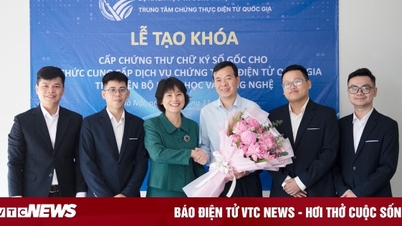

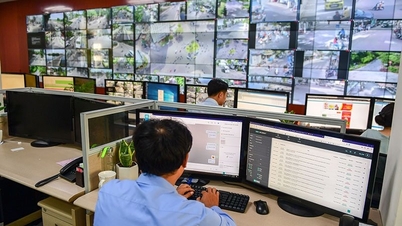


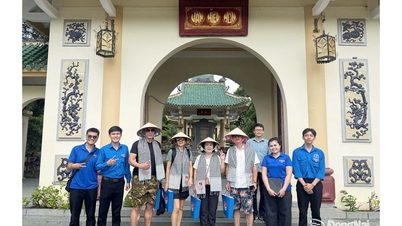



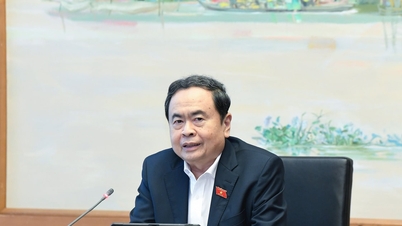



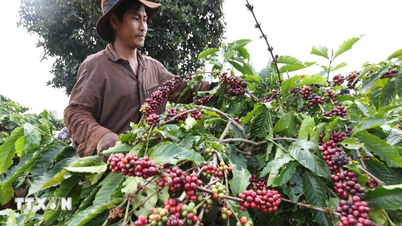
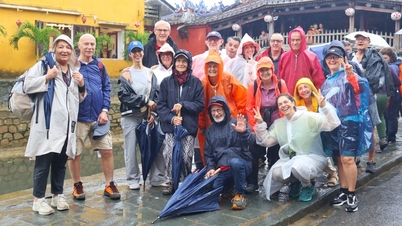


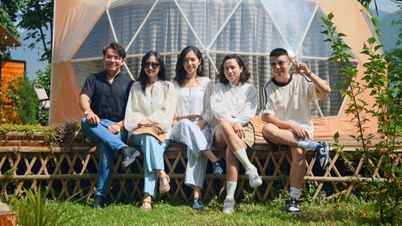




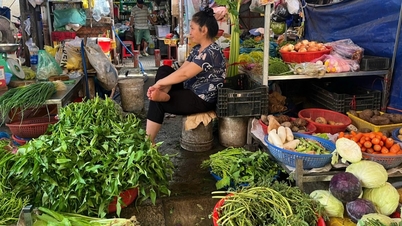


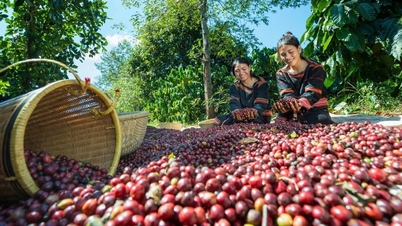
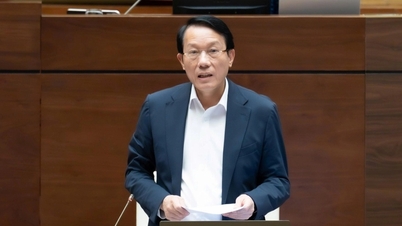

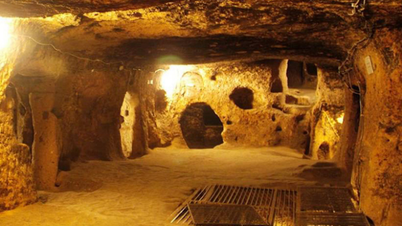

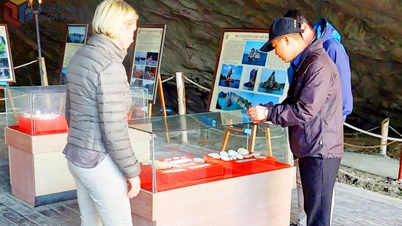

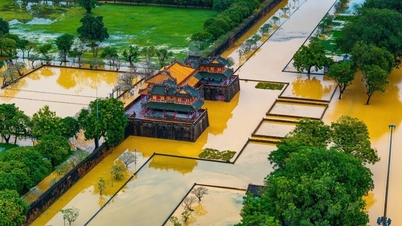

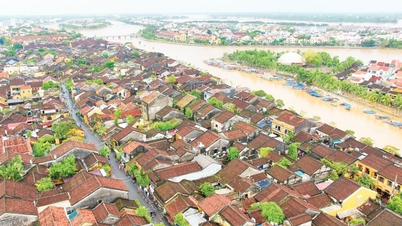


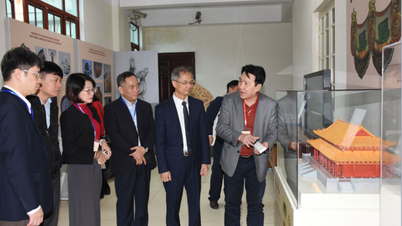





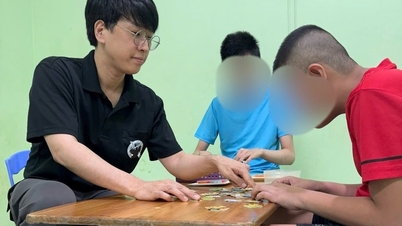


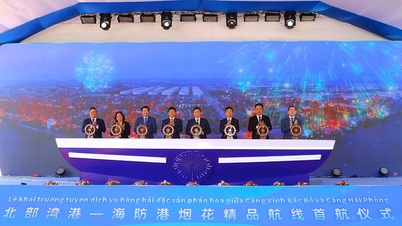

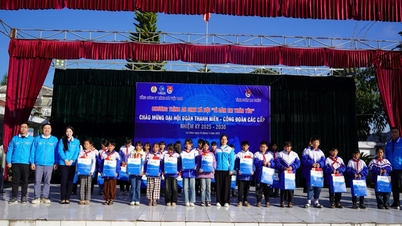
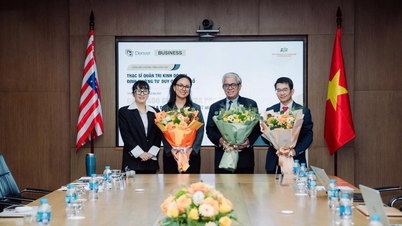

![[Answer] Should I install an elevator for an old renovated house?](https://vphoto.vietnam.vn/thumb/402x226/vietnam/resource/IMAGE/2025/11/25/1764039191595_co-nen-lap-thang-may-cho-nha-cai-tao-cu-khong-04.jpeg)

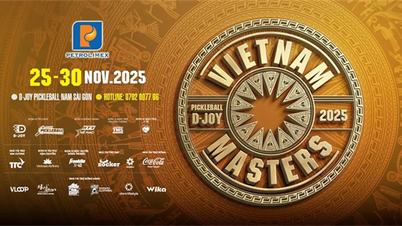






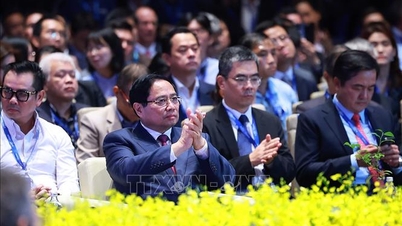







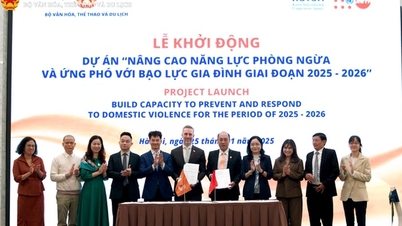

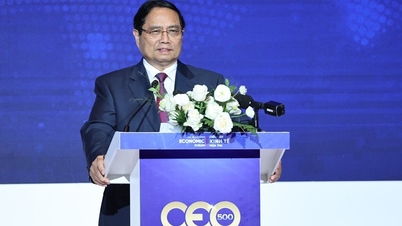

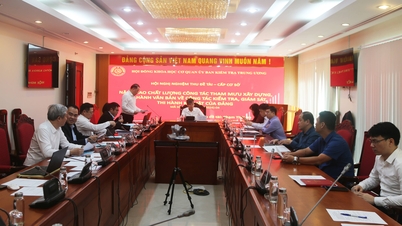

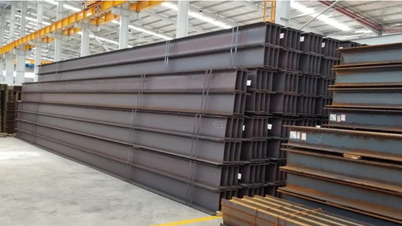

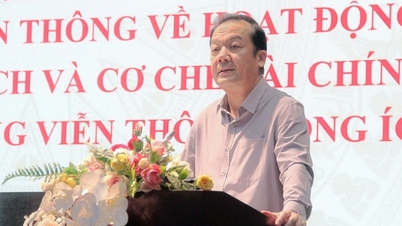


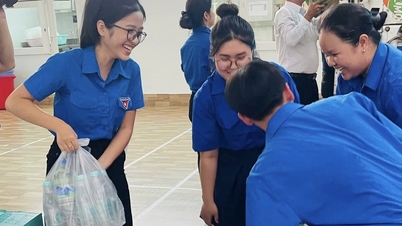
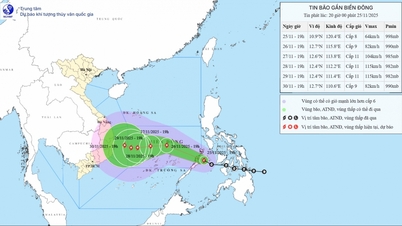

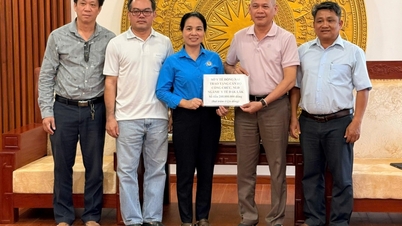
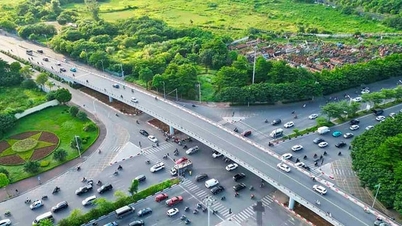
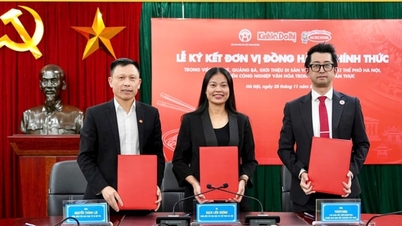
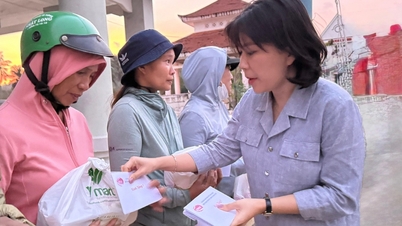













Comment (0)